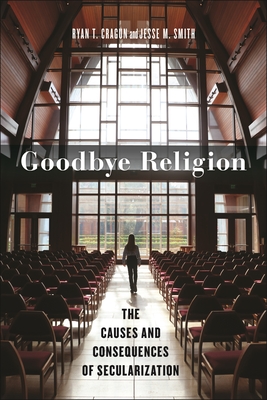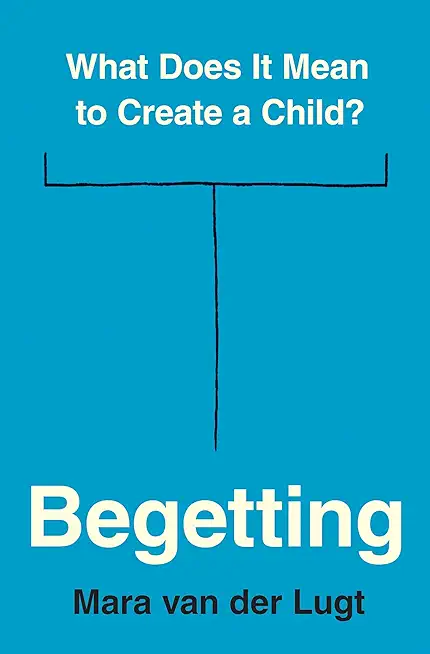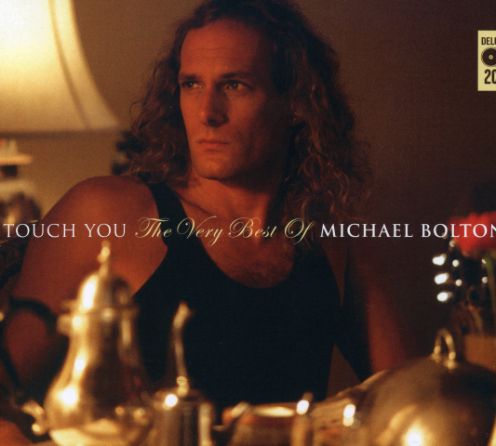
description
ng religion, and what that means for American society One of the largest changes in American culture over the last fifty years has been the increase in people exiting religion. Goodbye Religion explores why there has been such an upswing among those who identify as nonreligious, and what the societal implications are of this move towards less religiosity. Utilizing nationally representative data and more than a hundred in-depth interviews with people who leave their religion behind, Ryan T. Cragun and Jesse M. Smith examine the variety of social, psychological, and environmental conditions behind the exiting process, as well as what people do with the time they used to devote to religious observance. They show that for most people who leave, abandoning religion is not a crisis, and does not generally disrupt their health, charitable giving, or volunteering. Drawing on the data, Cragun and Smith argue that the fears among some that massive religious exit will result in a decline in family values or less civic engagement are unfounded, and that those who become nonreligious remain engaged in society and continue to strive to make the world a better place. At a time where more and more individuals are questioning the implications of our increasingly secular society, Goodbye Religion offers an engaging and fascinating analysis into what religious exiting--and secularization broadly--means for American society.
member goods
No member items were found under this heading.
Return Policy
All sales are final
Shipping
No special shipping considerations available.
Shipping fees determined at checkout.







